
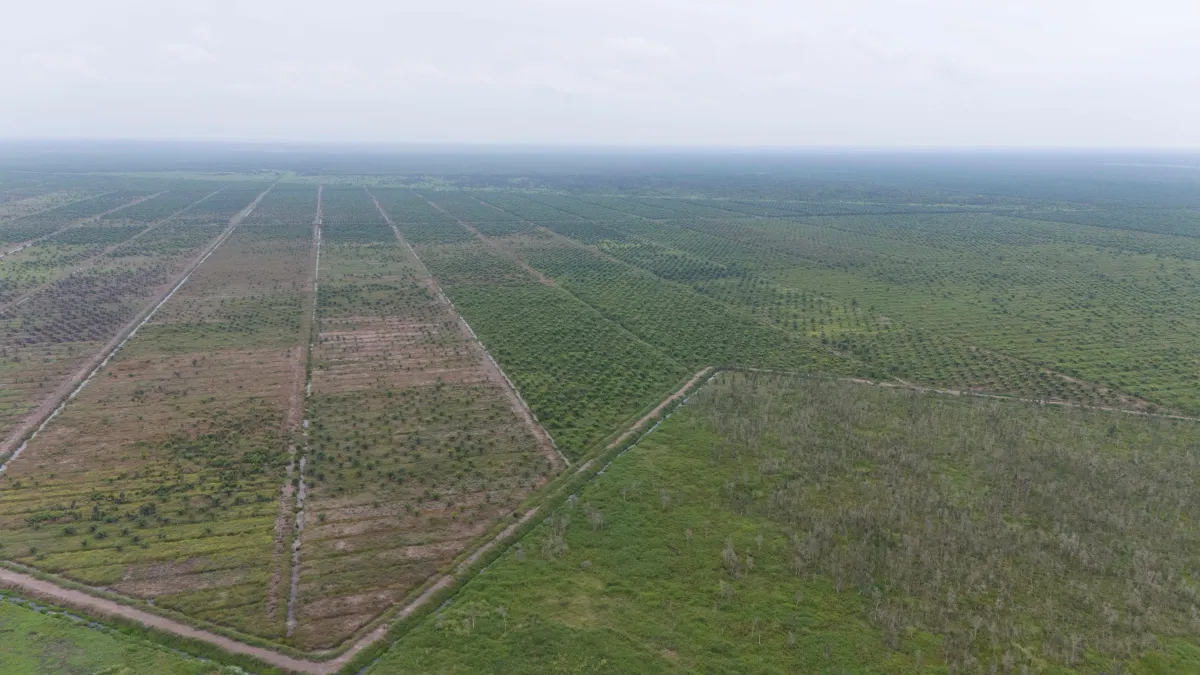
RAN Report: Financial Activities Leading to Biodiversity Collapse in Japan
RAN Report Unveils Banking Impact on Biodiversity
The Rainforest Action Network (RAN), an environmental NGO based in San Francisco, has released a summarized Japanese version of its annual report titled "Financial Activities Leading to Biodiversity Collapse: Tracking Banks and Investors Fueling Deforestation in Tropical Forests". This comprehensive report sheds light on the significant roles that major financial institutions play in exacerbating deforestation, biodiversity loss, climate change, and human rights violations, particularly in tropical regions.
Key Findings
According to new analyses concerning Japan, major Japanese banks, including megabanks, have provided approximately $21.5 billion in funding to high-risk forestry and agricultural companies associated with deforestation from 2016 to June 2024, after the Paris Agreement was ratified. This alarming financial support highlights a concerning trend in the banking sector and its relationship with environmentally harmful practices.
The summary includes specific case studies from Southeast Asia, detailing how banks like the Mitsubishi UFJ Financial Group (MUFG) have been involved with agricultural groups known for recurrent large-scale forest fires, particularly palm oil plantations. This aligns with the report's call for better scrutiny of banks' credit policies and due diligence processes, which currently fail to prevent financial contributions to activities that lead to environmental destruction.
The Role of Major Banks
The report provides an analytical view of the financial flows into the “forest risk products” sector, particularly focusing on six main categories: beef, palm oil, pulp and paper, natural rubber, soy, and timber. These products contribute significantly to global deforestation, and the report tracks the significant involvement of 300 firms engaged in these sectors during the defined period. It reveals which banks and investors have played the most substantial roles in funding these activities, identifying the top 30 banks facilitating high-risk investments in deforestation.
Noteworthy Statistics
Within Japan, the financial contributions made by these megabanks have been significant. For instance, Mizuho Financial Group ranks ninth globally with about $6.8 billion, MUFG comes in thirteenth with approximately $5.3 billion, and SMBC Group continues in the fifteenth place with around $400 million, all within the top 20 contributors to forest risk sectors according to the data provided.
Case Study: MUFG and Indonesia
In a notable example, RAN highlighted a case involving MUFG's Indonesian subsidiary, Bank Danamon, which provided substantial financing of $281 million to a palm oil company linked to large-scale peatland destruction and recurrent forest fires. Despite having adopted an international standard for its credit policy to prohibit financing linked to deforestation and peatland development, the subsidiary continues to support businesses that do not comply with these environmental commitments.
Calls to Action
RAN urges the banking sector to take significant action by improving their due diligence and expanding the scope of their environmental policies to encompass not only direct contributors like processing companies but also the parent companies and entire corporate groups involved in these sectors. The current practices have been deemed inadequate in tackling the ongoing issues of forest destruction and the associated climate crises.
Conclusion
This report ultimately concludes that enhancing due diligence, reinforcing and implementing environmental policies, like the ban on lending related to deforestation, is crucial for the long-term sustainability of the financial system. It emphasizes the necessity for banks to actively monitor compliance among their clientele and to develop mechanisms to address any violations of these policies.
As RAN's Senior Advisor, Toyoyuki Kawakami states, the applicability of the No Deforestation, No Peat, No Exploitation (NDPE) policies needs expansion and rigid compliance monitoring to truly mitigate the impact on biodiversity. The urgent need for effective interventions against harmful financial practices is paramount in preserving our planet's ecology.
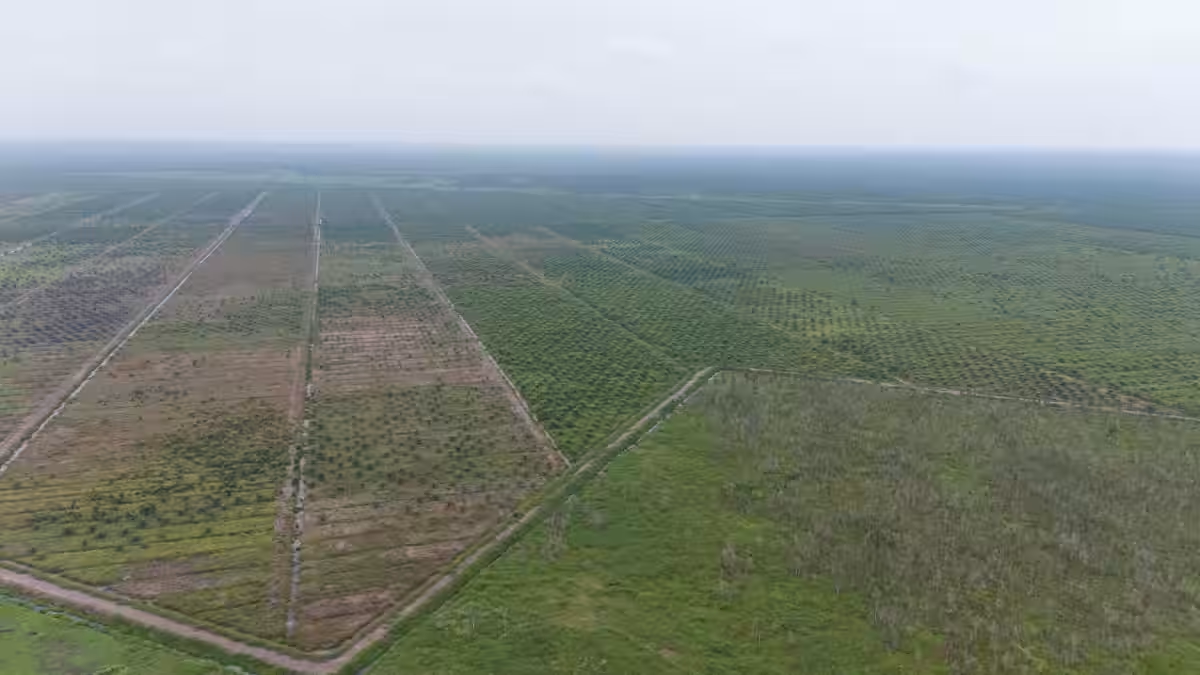

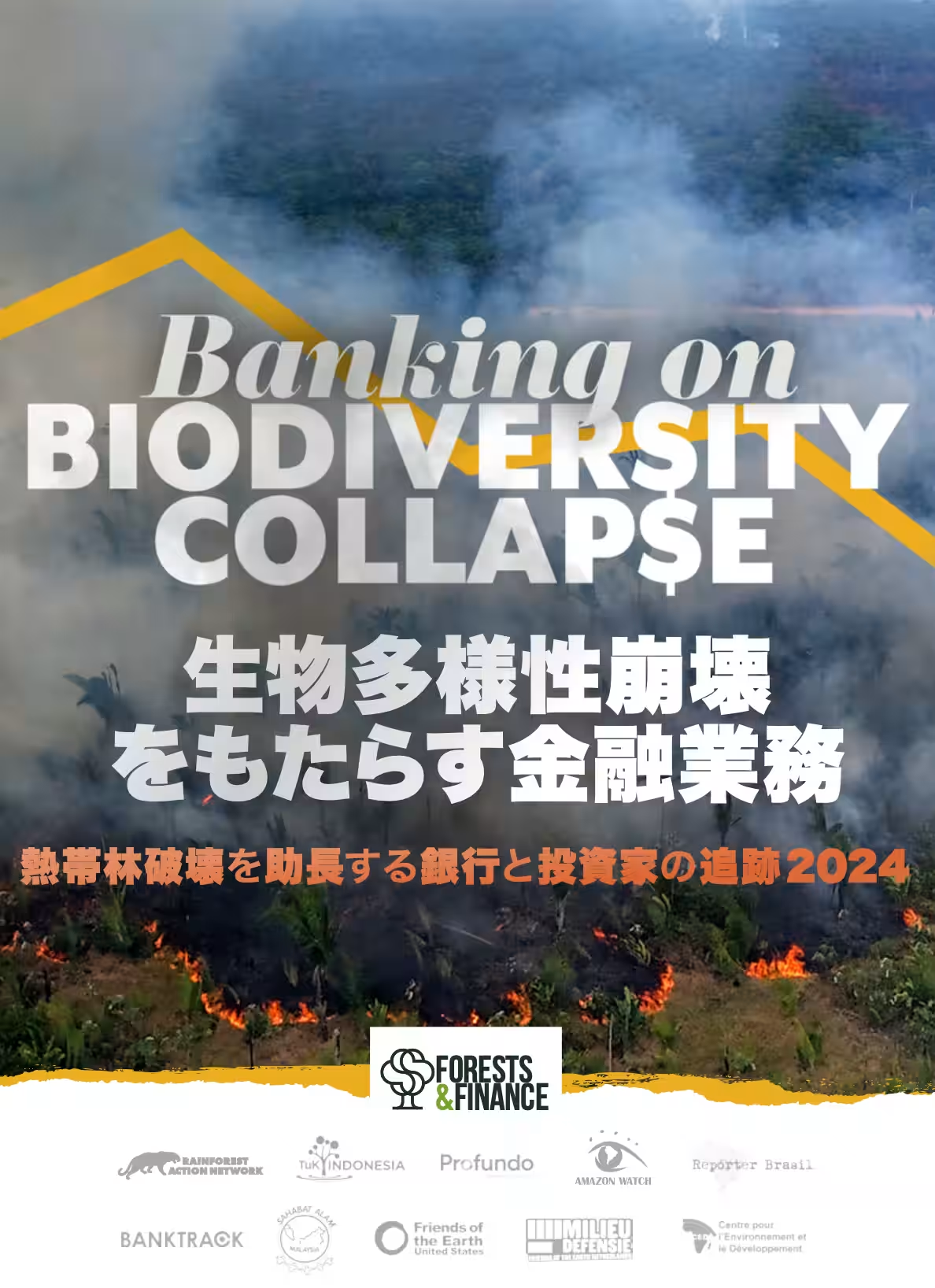
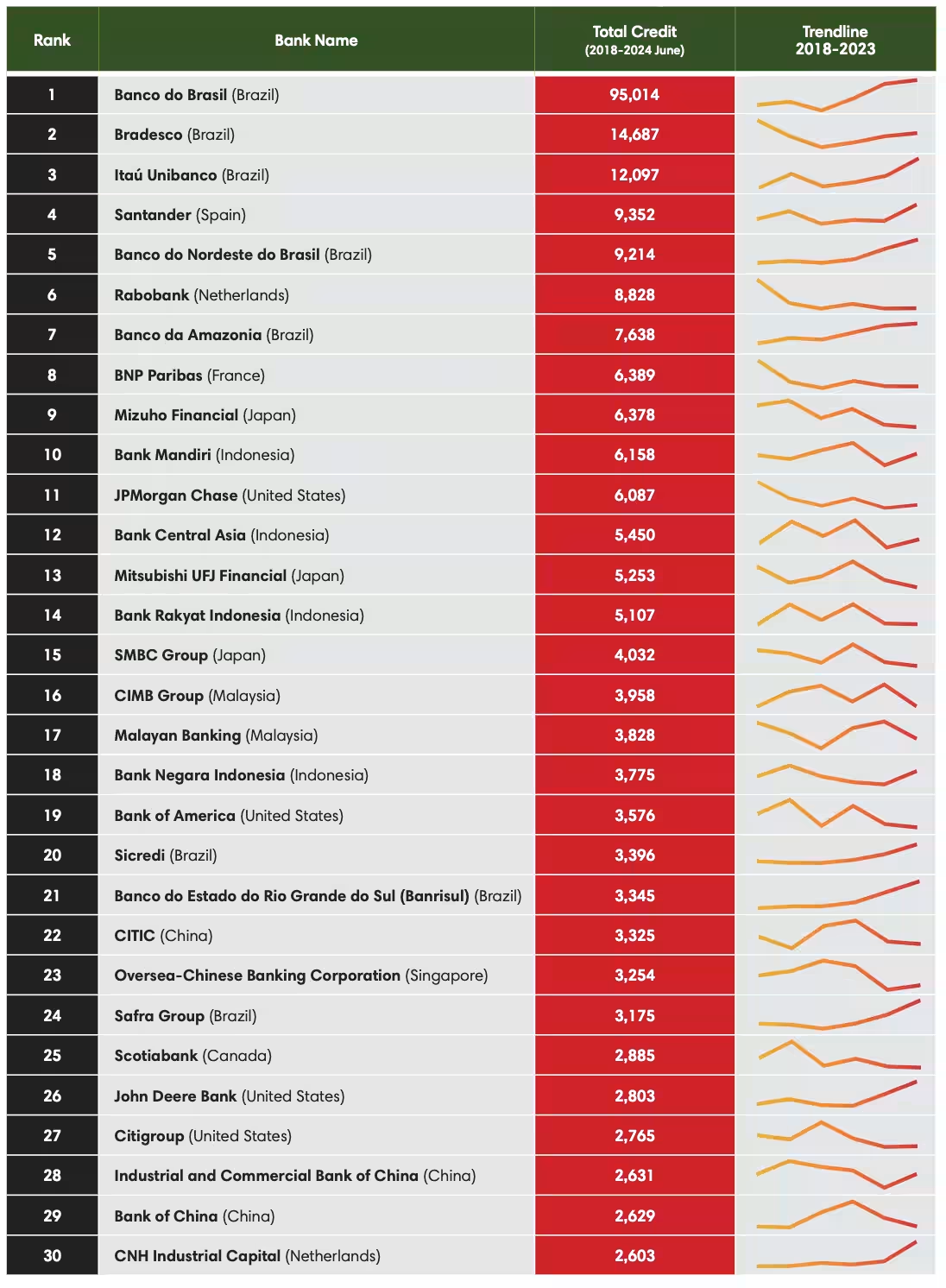
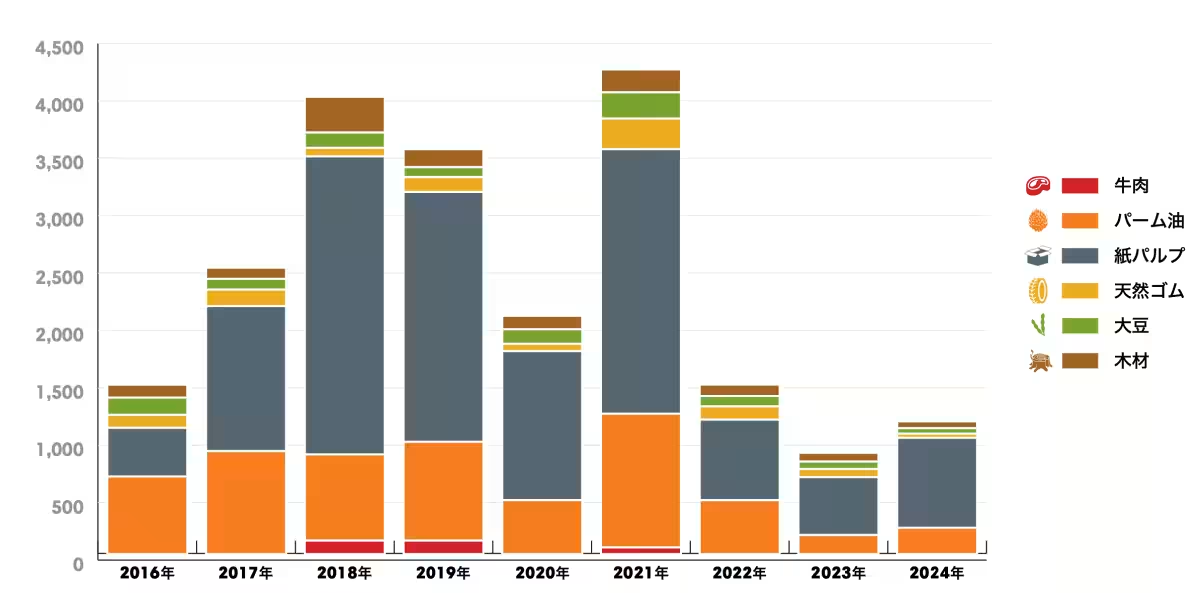
Topics Environment)










【About Using Articles】
You can freely use the title and article content by linking to the page where the article is posted.
※ Images cannot be used.
【About Links】
Links are free to use.